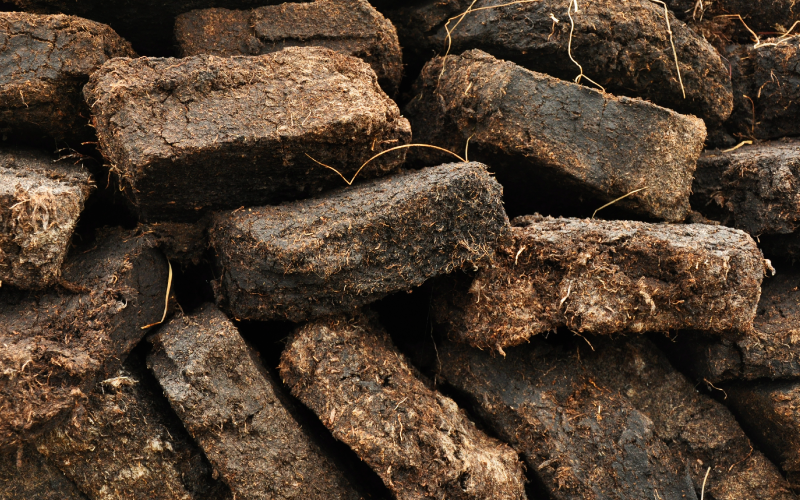
Feedback sought on industry peat use
At the end of 2021 Defra launched a consultation and invited feedback from stakeholders on a proposal to end the retail sale of peat in horticulture in England and Wales by 2024, and by 2028 in the professional horticulture sector. As representatives of a diverse group of landscape professionals, the Association would like members to be involved in this process.
In 2011, the UK government set voluntary targets, aiming for a peat-free amateur sector by 2020 and peat-free professional sector by 2030.
In response to the voluntary targets, manufacturers and retailers developed industry-led initiatives which resulted in notable progress; between 2011 and 2019 there was a 25% decrease in the volume of peat sold. Unfortunately the volume of peat sold rose by 9% in 2020 due to unprecedented demand, driven by a renewed interest in gardening during lockdown.
Peat’s suitability for horticultural use stems from its origins; plant material decomposed in anaerobic conditions. Processed peat retains high levels of water and nutrients, is light, clean, sterile and consistent. It contains no foreign material, is cheap, does not degrade and has a high cation exchange capacity. The only major drawback with peat is the environmental damage associated with its consumption; it is not a sustainable resource.
Whilst the commercial horticulture industry uses less peat than the domestic market, it still faces significant challenges to meet the 2030 deadline. Peat has been adopted by the industry for no reason other than its low cost and high performance and any deviation from peat is likely to incur penalties in one of these areas, which the industry – and therefore its consumers - must adapt to.
Rather like the ongoing dilemma with plastic alternatives, choosing an alternative to peat is not simple. Ill thought-out solutions have the potential to cause greater environmental damage or have social consequences elsewhere.
In environmental terms there isn't a perfect replacement for peat; scrutiny of the current alternatives (coir, green compost, wood fibre and bark) reveals aspects of their sources, supply chain or associated processing methods which have an environmental or social impact.
The industry must therefore settle on a pragmatic compromise which balances environmental impact with the social effects of sourcing and manufacturing into a simple and workable alternative.
The Defra consultation has invited stakeholder views on the following:
• Technical barriers to replacing peat in growing media
• Availability and cost of peat alternatives
• The impact of imports of products from where peat use is permitted
Please contact Owen Baker at the Association directly to submit your thoughts on the proposals.
Email: owen.baker@bali.org.uk
Further reading:
Defra consultation document: Ending the retail sale of peat in horticulture in England and Wales
